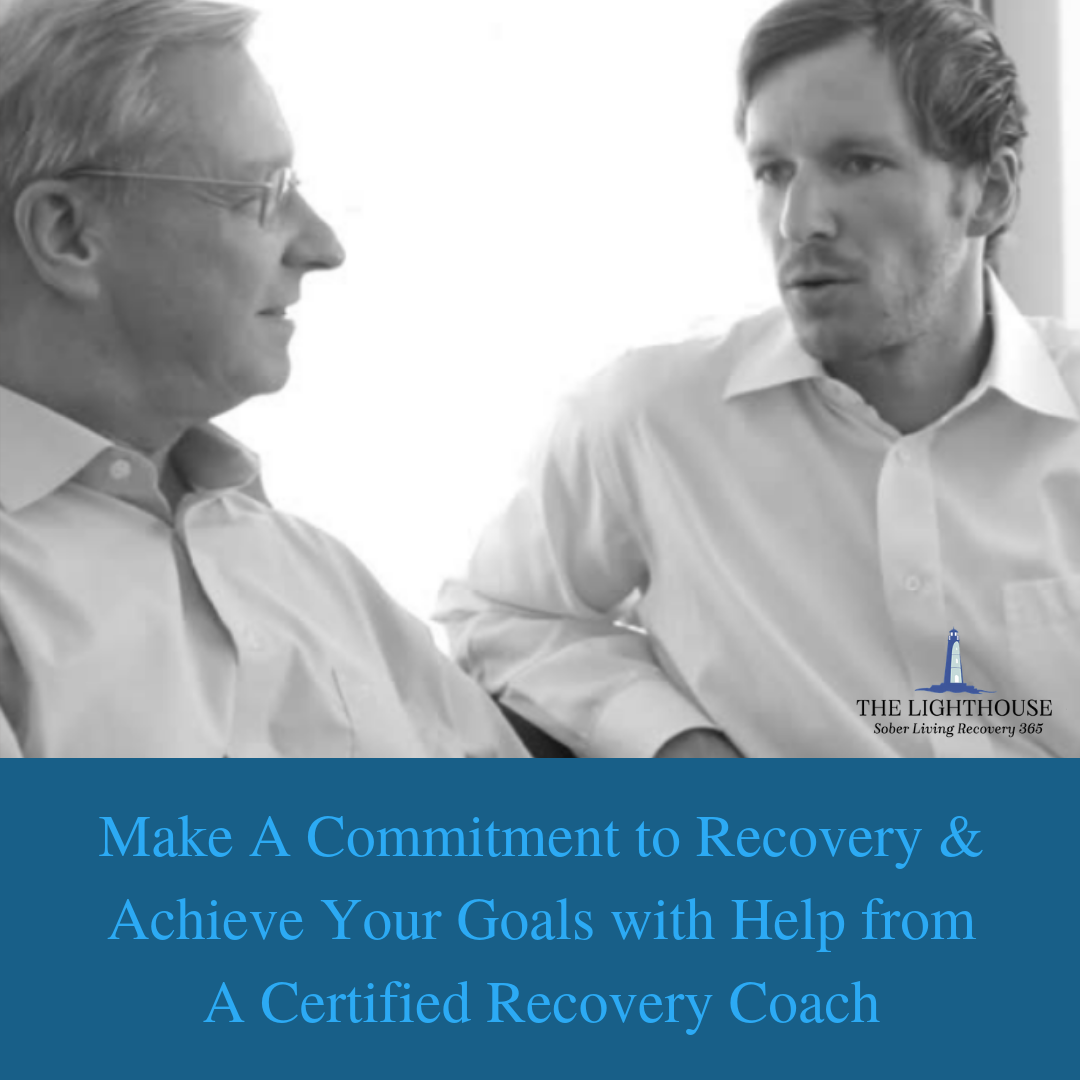Make A Commitment to Recovery, Achieve Your Goals with Help from A Recovery Coach
Recovery coaching could make the difference between you keeping your new year’s recovery goals or just going through life sober and frustrated.
Are you doing your best for your recovery or just sidestepping through your program?
As the new year approaches, it brings with it hope. New Year’s Day symbolizes rebirth, growth, and chance for change. Take the next few days to strengthen your commitment to your recovery and decide to invest in your recovery with a recovery coach.
If you wanted to achieve financial goals and to plan for your family’s future, you’d invest in a financial advisor or a broker.
When you want to burn off those last 10 pounds and can’t seem to do it on your own, you consult a trainer or a nutritionist or both?
When your new clothes don’t quite fit right, you go and see your tailor.
But why do you feel you must trudge through your recovery on your own?
You know it takes more than physically detoxifying your body from drugs or alcohol and going through the rigorous, intensive daily routine of inpatient/outpatient substance use treatment to stay sober.
It takes daily action, persistent reflection, and connections within the recovery community. A recovery coach will assist you in making the daily commitments to knock down your recovery goals and realize your highest potential for life.
As you read through this post, take some time, and reflect where you fall short in your plan for recovery. Make a conscious commitment to make 2019 your best year in recovery. Physically abstaining is vital to recovery, but after all, it is a small part of the equation.
How a recovery coach assists you in staying committed to your recovery.
Before you begin to read through these actions of commitment, reflect upon how committed you were to your addiction. You can and want to make that same commitment to your recovery.
1- Surround yourself with others from the recovery community
Recovery coaching could make the difference between you keeping your new year’s recovery goals or just going through life sober and frustrated.
Are you doing your best for your recovery or just sidestepping through your program?
As the new year approaches, it brings with it hope. New Year’s Day symbolizes rebirth, growth, and chance for change. Take the next few days to strengthen your commitment to your recovery and decide to invest in your recovery with a recovery coach.
If you wanted to achieve financial goals and to plan for your family’s future, you’d invest in a financial advisor or a broker.
When you want to burn off those last 10 pounds and can’t seem to do it on your own, you consult a trainer or a nutritionist or both?
When your new clothes don’t quite fit right, you go and see your tailor.
However, why do you feel you must trudge through your recovery on your own?
You know it takes more than physically detoxifying your body from drugs or alcohol and going through the rigorous, intensive daily routine of inpatient/outpatient substance use treatment to stay sober.
It takes daily action, persistent reflection, and connections within the recovery community. A recovery coach will assist you in making the daily commitments to knock down your recovery goals and realize your highest potential for life.
As you read through this post, take some time, and reflect where you fall short in your plan for recovery. Make a conscious commitment to make 2019 your best year in recovery. Physically abstaining is vital to recovery, but after all, it is a small part of the equation.
How a recovery coach assists you in staying committed to your recovery.
Before you begin to read through these actions of commitment, reflect upon how committed you were to your addiction. You can and want to make that same commitment to your recovery.
2- Commit to connect and participate
What if you attend a 12-step fellowship but still feel disconnected from the recovery community? Maybe you never quite resonated with the meeting you attended, but you always go because attending meetings is what keeps you sober. However, it’s becoming harder to hear the message and focus.
Finding a sponsor has not happened because you find it hard to reach out to others, make new friendships, or freely ask another for advice or help. You might have several barriers keeping you from reaching out to others because in the past, asking others to help you didn’t work out well, and all your recent acquaintances were the art of the drug-using community, and we both know about the reliability of those who drink and drug.
Now would be the time to inquire about recovery coaching. The professional aspect of coaching could break the initial barrier between you and your fear of reaching out to another for help.
The longer you work with your sober coach, the more relaxed and trusting you’ll become with him or her.
A sober coach will
-
Never force you into a situation you can not handle,
-
Know of meetings more relatable to you and your preferences
-
Remove barriers keeping you from meeting others from the recovery community
Your recovery has to become the center of all that you do when you approach all aspects of your life, from the mindset focussed on recovery, triggers, cravings, and obsessions to use. The quickest and easiest way to achieve this freedom from the compulsion to use is by building new connections. Connections in the recovery community become vital to your progress.
3- Actively listen
Committing yourself to become more present in your life and the lives of those you surround yourself require practice.
When active in your addiction, you quickly dismissed what was being said to you when it endangered your alcohol or drug-seeking and user behavior.
Actively listening even when you don’t agree with it is a skill.
Consulting with a recovery coach will help you to strengthen the skill of active listening. Your coach will hold you accountable for your actions and behaviors. A sober coach will not sugarcoat what you need to hear and force you to listen. Of course, taking action on what you hear is utterly up to you.
Actively listening to your recovery coach, clinician, loved ones, boss, and others around you will help you build healthy relationships based on trust, commitment, and support.
Ask your recovery coach to help you draw parallels from you have heard throughout your day to your life so you can achieve better outcomes along your road to recovery.
4- Commit to applying the lessons and skills you learned
Going to inpatient and outpatient treatment programs benefit recovery because you learn coping skills to use when faced with a dangerous situation. You learn these skills in an environment without access to drugs or alcohol and the daily pressures of life.
Once discharged from treatment, personal and professional pressures return, and with it, the obsession with using. Employing a recovery coach before your discharge from treatment will help you in recalling the coping mechanisms and using them correctly.
Not only will a recovery coach help you to apply these lessons learned, but through him sharing his story, his experience, strength, and hope, he’ll empower you to use the skills in your daily activities.
5- Work towards achieving your recovery goals.
New Year’s Day is about resolutions and goals. Recovery is about achieving a new way of life free from obsession. Working with a recovery coach helps you to create achievable and timely goals.
Goals give you hope, meaning, purpose, and accomplishment. When you reach a milestone, it encouraged you to keep pushing forward. When you are building, reviewing, reflecting, and working through your list of goals with a recovery coach, you’ll have encouragement to push through.
Sometimes everything seems to stop, and rarely does everything fall into place like you visualized it on paper, so having a recovery coach to help you to stay focussed and keep trying is vital.
6-Be honest with yourself and others
Honesty is central to your new life in recovery. Being honest with yourself and others is never difficult when you have someone on your side to discuss and consult with.
Admitted when you are wrong and accepting accountability for your actions allows you to change the behaviors and thoughts which cause you to continue to hold onto old patterns of behavior.
A recovery coach will assist you to admit when you have wronged others and help you to make amends.
Reward yourself with a recovery coach and commit to living a fulfilling life in recovery
Accept change as it comes. Holding onto the old ways doesn’t help.
Commit to sharing your life in recovery with and reward yourself with a recovery coach.
If you choose to find a recovery coach to ease your way along with your rad in recovery, understand that you will build a strong sense of trust and rapport with your coach to help you find the strength to carry on.
So never fear to rely on him or her.
Your sober coach will know when you are experiencing a tough time or when something is bothering you. Don’t be scared to speak up and ask for help.
This is what a recovery coach is for. Your sober coach will become a great keystone in your recovery support system. Through him or her, you will succeed and thrive in recovery.
Once you have incorporated a recovery coach into your system for recovery will never alone. You will always have support, advice, and his or her experience strength and hope.
This year commit to finding a recovery coach. If you already have a recovery coach commit to admitting when you need help and accept this help.
Know you are not alone, have people in the recovery community, and have built a strong foundation of rapport with your recovery coach.
If you or a loved one have questions or desire to work with a recovery coach in Connecticut, New York, or Rhode Island, reach out to The Lighthouse Recovery 365. Our coaches are committed to helping you thrive in early recovery. All correspondence is strictly confidential.
Want more happiness and fulfillment in life?
Commit to your recovery with The Lighthouse Sober Living Recovery 365.
Call Trey Laird 203-400-8065
Stay in touch and informed by following us on Instagram @thelighthousect.



